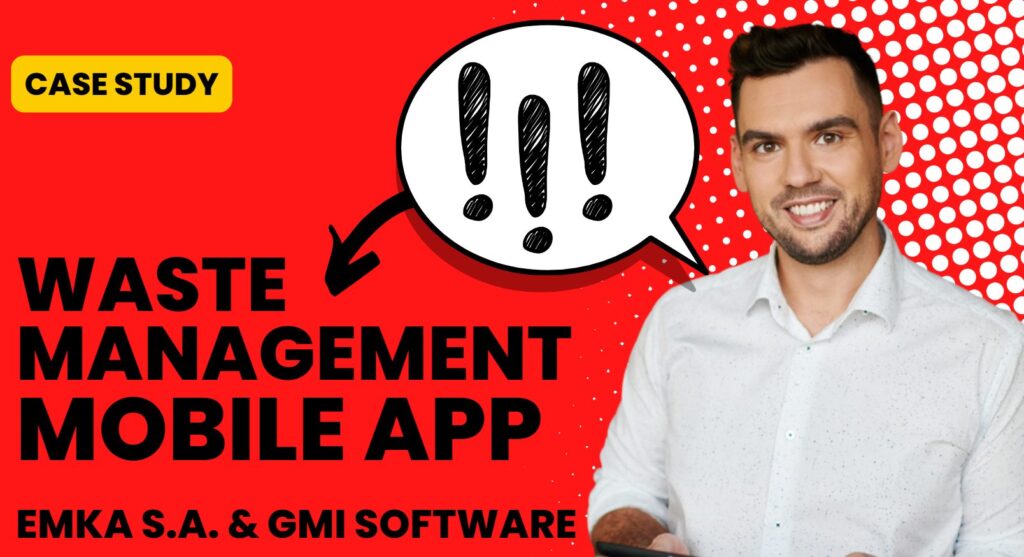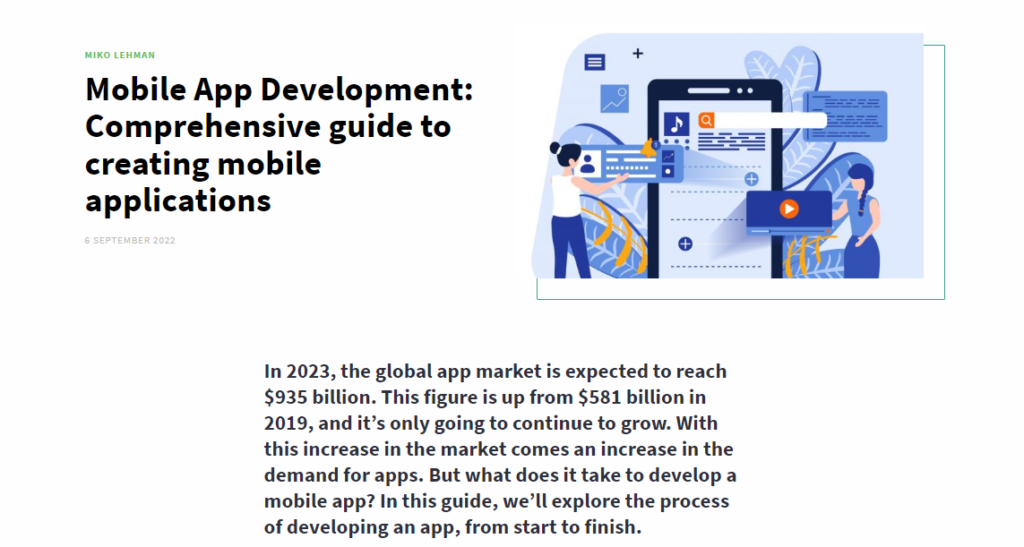CMS, CRM, ERP – what is it?
Let's start with the widest areas: ERP (Enterprise Resource Planning) or enterprise resource planning. The ERP system is composed of several small modules and is designed to manage the entire enterprise. As one of the smaller modules can replace a system for storing, accounting, finance, supply management, etc. All these modules are connected to a single database, but they are independent of each other, ie.
Table of content
Table of Contents
More and more often we hear about shortcuts CMS, CRM and ERP. And it’s not just in the software industry, but also at much going beyond the industry. What do they mean, and for whom they are intended?

ERP
Let’s start with the widest areas: ERP (Enterprise Resource Planning) or enterprise resource planning. The ERP system is composed of several small modules and is designed to manage the entire enterprise. As one of the smaller modules can replace a system for storing, accounting, finance, supply management, etc. All these modules are connected to a single database, but they are independent of each other, ie.

They do not require other modules to be able to function. Typically, these are desktop applications that connect to the internal network of the company. ERP systems design for larger businesses that handle a large amount of data. Their goods, customer billing. On the market, there are ready solutions such as systems. Comarch ERP or SAP ERP. Purchase of such solutions and its operation requires a great financial effort.
CRM
CRM (Customer Relationship Management) is an ERP module that is related to customer relationship management. As CRM has grown in importance for sales force automation and marketing, it can be used as a standalone software. The three fundamental functions of CRM are communication (establishing contact with customers), operational (business process automation), and analytical (analyzing customer behaviour based on operating data).
CRM facilitate the organization of the tasks of sales teams and marketing, where he You can gather information about leadach and give them status or type of contact. Thus we are sure that no lead will not be left out or deprived of service. It also allows us to analyze customer behavior and to plan an appropriate marketing approach. We explore then our knowledge of consumer behavior, and we know its needs. Also, we can quickly respond to their problems and react in a crisis.
CRM systems can be purchased on a monthly subscription (eg. BaseCRM or miniCRM) SaaS (software in the cloud). Where the software does not meet our expectations, you can always outsource the creation of your own CRM tailored specifically to the needs of our company and the industry.
Read our MEGA mobile app devlopment guide!

CMS
CMS (Content Management System), a system for content management. Just as CRM can be one of the major modules of the ERP system, but also can easily operate completely separately. CMS is used to manage the content on the website. This may be a side product, company, and even shop or blog. Through content management mean change / add / delete content from the page, change or add a new feature or user management.
There are many ready-made CMS and each of them offers different options available. One of the most popular CMS is WordPress, Joomla! and Magento. Some are completely free, while for others you need to purchase a license. For small customer requirements, these CMSes very well placed. However, when we talk about more complex pages or web applications, we will need to order our own CMS, which will be perfect for our business.
Sum-up
As you can see the differences between the issues they are significant, and each of them gives the other possibilities. Before deciding what you need to analyze the business needs at this moment, in what quantities to be able to automate repetitive processes and become stronger from the competition. ERP is a better option for larger companies, focused on the delivery of the product to the customer, and the same CRM and CMS are already able to satisfy even the smallest player.
Build your own CMS, CRM or ERP – get a quick estimate
[contact-form-7 id=”134″ title=”Contact form 1″]


